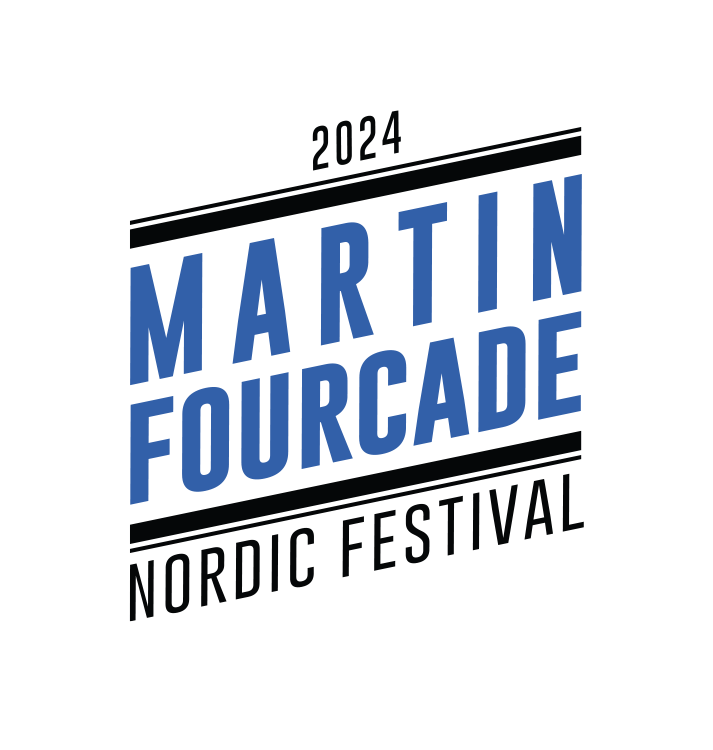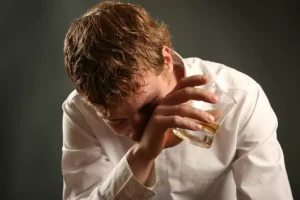
Other practices that can help us “cure” them involve finding emotional stability. We can practice things like meditation and deep breathing, spending time in nature, and getting alcohol and panic attacks exercise. Alcohol can cause a panic attack while we’re drunk or after we drink, and it can increase our risk for a panic attack to recur.
- Taking control of your mental health is a brave and powerful step.
- Experiencing a panic attack after drinking doesn’t automatically mean you have an anxiety disorder.
- Let’s see how alcohol fuels the fire that can lead to alcohol dependence and poor mental health.
- Factors such as dehydration, lack of quality sleep, and alcohol withdrawal symptoms can further contribute to prolonged anxiety.
- This is sometimes called “hangxiety.” If you’re struggling with alcohol withdrawal, please reach out to a healthcare professional.
The Mystery of Delayed Anxiety (Hangxiety)
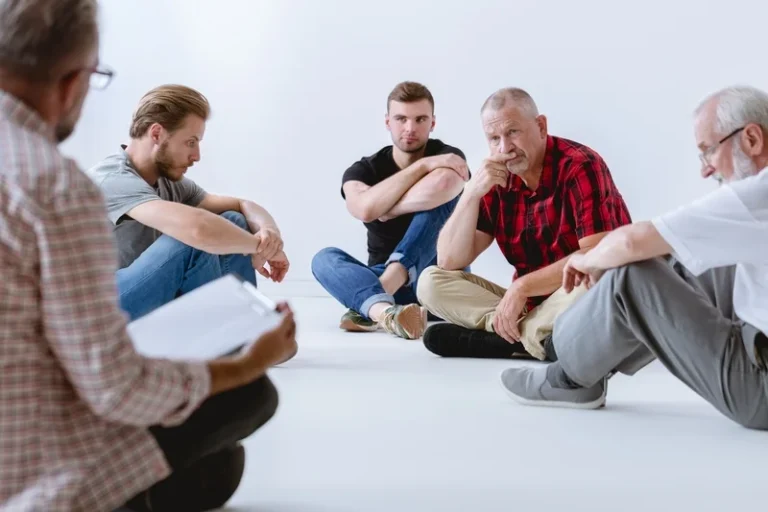
Alcohol is a drug like any other, and anything that affects your body like alcohol does has the potential to contribute a great deal to your panic attacks and anxiety more generally. For this reason, those that have panic attacks should strongly consider avoiding alcohol wherever possible. That’s why when you stop drinking, it’s not uncommon to experience a range of terrible symptoms, including anxiety. It’s even more common to find that after you’ve stopped drinking, anxiety makes you want to go back to alcohol. Taking control of your mental health is a brave and powerful step. Finding ways to manage alcohol-induced anxiety can make a real difference in your life.
- Nowadays, the internet can also offer tools for keeping track of drinking habits, setting goals, and providing relapse-prevention techniques.
- Alcohol can cause a panic attack while we’re drunk or after we drink, and it can increase our risk for a panic attack to recur.
- Hypersensitivity is when a person is so sensitive to changes in their body that they can’t help but notice and be affected by them.
Does alcohol permanently worsen anxiety?
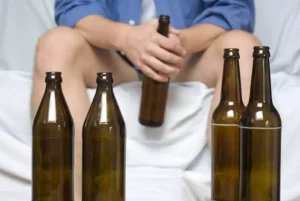
Dehydration, disrupted sleep patterns, and fluctuations in blood sugar levels can also contribute to feelings of anxiety the day after drinking. Additionally, the psychological effects of regret or embarrassment from alcohol-induced behavior can exacerbate anxiety symptoms. This is because alcohol acts as a depressant on the central nervous system, altering brain chemistry and potentially triggering or intensifying feelings of anxiety. Additionally, the physiological effects of alcohol withdrawal can also contribute to increased anxiety levels. Over time, this pattern can result in a drinking problem or alcohol use disorder.
- The problems with quitting alcohol and anxiety start long before you decide to quit.
- While it might be tempting to turn to alcohol to manage feelings of anxiety, it can be a slippery slope that worsens anxiety problems and increases your risk of developing an alcohol use disorder.
- These factors can either exacerbate or mitigate alcohol-induced anxiety symptoms.
Drinking Habits
But the last step only starts the process again from the beginning. As the initial calm feeling fades you can feel anxiety as the effects of the alcohol wear off. This page explains more about anxiety, why alcohol can trigger it or make it worse, and steps you can take to feel =https://ecosoberhouse.com/ better. However, if there is a chance that you are physically or psychologically addicted to alcohol then you should not attempt to stop drinking without professional support. If a person experiences concerning side effects after consuming shrooms and/or alcohol, they should seek medical attention.
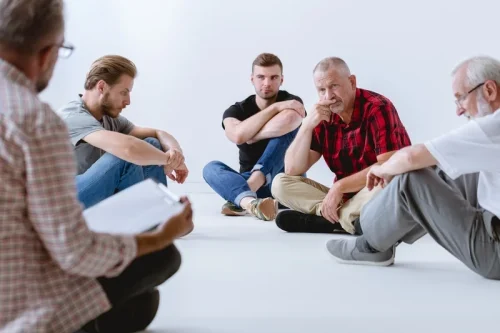
Stop Trauma Dumping: A Guide to Healthy Sharing and Support
- Alcohol-induced panic attacks are often directly related to alcohol consumption—either during intoxication or during withdrawal.
- We’ll also discuss how to stop panic attacks after drinking and how understanding your relationship with alcohol and panic disorder can make a difference.
- Hangover anxiety (sometimes called “hangxiety”) can make you feel anxious and on edge the day after drinking.
- You’ll also have the opportunity to connect with our licensed Reframe coaches for more personalized guidance.
In this article, we break down the link between alcohol and panic attacks so you can take the first step to regaining control. Alcohol works as “liquid courage” to face the situation without feeling fearful, overwhelmed or inadequate. However, this situation may cause “hangxiety,” which is anxious or tense feelings during or after a hangover, often due to the effects of alcohol withdrawal. Alcohol’s high accessibility makes it an all-too-common drug used by those struggling with mental health disorders. On the other hand, as a typical depressant, alcohol can also cause feelings of drug addiction deep sadness that may evolve into feelings of severe nervousness. Alcohol dependence may be present in dual diagnosis but also co-occurring disorders.
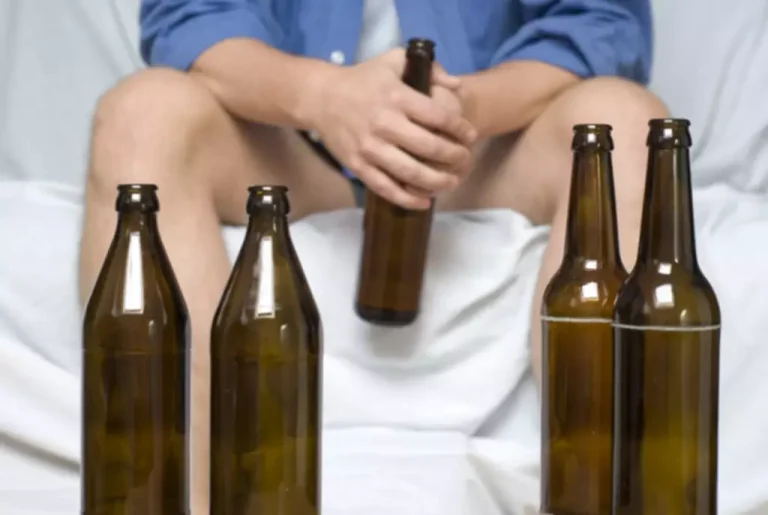
Health Conditions
Heavy drinking depletes essential nutrients, potentially intensifying anxiety. Alcohol interferes with the body’s ability to absorb and utilize vitamins and minerals, leading to deficiencies that can affect mood regulation. Studies show high rates of anxiety in alcohol-dependent individuals. One found 35.8% of alcohol-dependent men and 60.7% of women reported anxiety symptoms.
